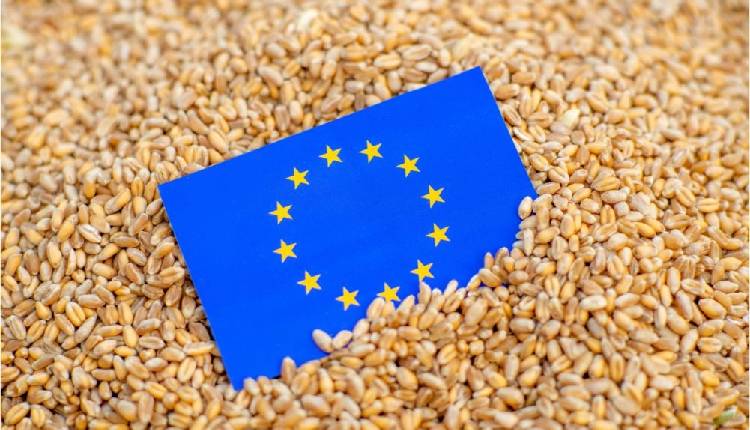EU tariffs on Russian, Belarusian grain now in effect
EU tariffs on grain imports from Russia and Belarus have come into effect, significantly raised under a decree by the European Council on May 30 to 50 per cent of the market price for certain grains.
Sergey Dankvert, head of Russia’s Federal Service for Veterinary and Phytosanitary Supervision, downplayed the impact on Russia, suggesting that these measures would primarily harm the European food and port industries. Dankvert expressed confidence that Russia could easily redirect its grain exports to other markets.
The European Council stated that the tariffs aim to stabilise European markets and reduce Russia’s agricultural income, but critics argue they are intended to create space for Ukrainian grain imports. This shift has already led to overstocking issues and protests among European farmers.
Importantly, the tariffs do not apply to grain transiting through European ports to third countries, according to the Council.
The European Commission initially proposed the introduction of “prohibitively high” grain fees on March 22. Vice President Valdis Dombrovskis described these tariffs as effectively banning grain, sunflower seed, and fodder crop imports from Russia and Belarus by making them economically unviable.
Dankvert highlighted potential consequences for EU port capacities, comparing them to losses already seen in fertiliser handling.
“We have no fear. We have always been open to market diversification, both in imports and exports,” Dankvert emphasised, noting that Russia benefits from current market diversification efforts imposed by the EU.
Attribution: TASS.


